
GENEVA, July 30 (Xinhua) -- The World Health Organization (WHO) on Tuesday called for more support for breastfeeding in the advent of the World Breastfeeding Week 2013 which is to be celebrated from Aug. 1 to 7.
Exclusive breastfeeding is recommended by WHO and its partners up to 6 months of age, with continued breastfeeding along with appropriate complementary foods up to two years of age or beyond.
According to WHO, there are "baby-friendly" facilities in more than 150 countries to provide this support and improve care for mothers and newborns under the WHO-UNICEF Baby-Friendly Hospital initiative.
WHO said that breastfeeding is the best source of nourishment for infants and young children, and one of the most effective ways to ensure child health and survival, noting that people who were breastfed as babies are less likely to be overweight or obese later in life, in addition to being likely less prone to diabetes and performing better in intelligence tests.
Breastfeeding, apart from helping protect infants from common childhood illnesses such as diarrhoea and pneumonia for the antibodies the breast milk contains, also benefits mothers, reducing risks of breast and ovarian cancer later in life and helping women return to their pre-pregnancy weight faster, as WHO highlighted.
But globally only an estimated 38 percent of infants are exclusively breastfed for six months, said the organization.
In a report released Tuesday on country implementation of the International Code of Marketing of Breast-milk substitutes, WHO said that only 37 of the 199 countries (19 percent) reporting to the organization on implementation of the Code have passed laws reflecting all of its recommendations.
The Code was reached in 1981 over concerns that breast-milk substitutes were being marketed to mothers too aggressively.
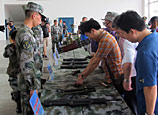
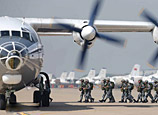




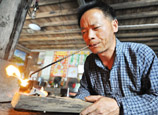

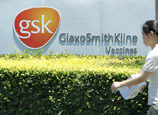
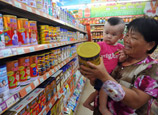






 Gun fight between police, drug dealers in China's Chengdu
Gun fight between police, drug dealers in China's Chengdu


![]()
